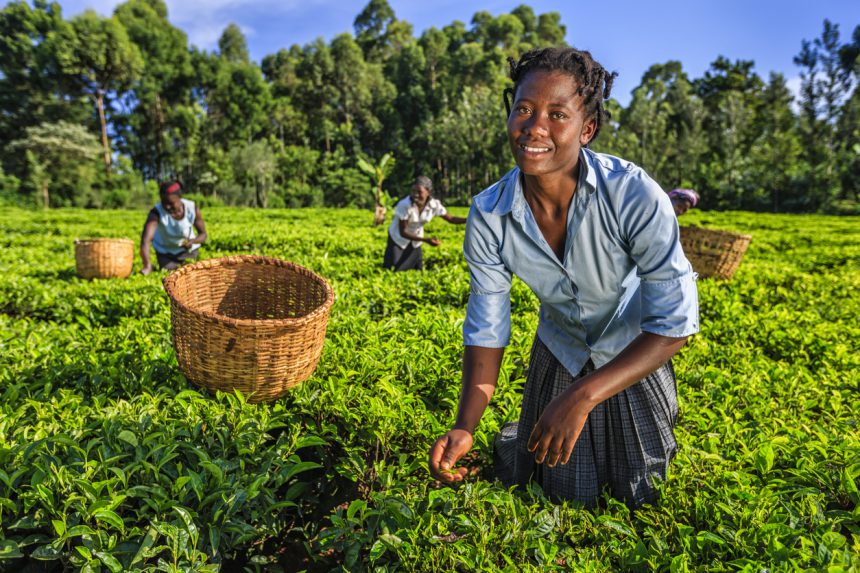Burundi’s tea sector is on the verge of collapse due to failure by government to allocate fuel needed for maintenance of roads within the plantations which has led to delayed harvests and transportation of green tea leaves.
“Delays in the collection and processing of green leaves have led to a significant drop in the quality of tea. This decline directly affects the value of the finished product on export markets, further weakening the sector,” according to Burundi Tea Board.
Gilles Mukundwa, the Director General of the OTB, said, “While previously the OTB received 50,000 liters of fuel oil to ensure the proper functioning of its factories, today we only receive 23,000 liters, less than half of our needs, a critical situation that risks leading to the cessation of production.”
According to (SYTRATHE) the union of workers in the tea sector, “If we consider the missed picking days in the 5 OTB factories from July 2 to November 30, 2024, calculations show that OTB recorded a considerable loss of 3,389 tons of green leaves which could generate approximately 737 tons of dry tea worth U$1,842,000 considering that one kg would be sold at U$2.5 US dollars. This amount is equivalent to approximately 5.5 billion FBU.”
According to SYTRATHE analysis, the fuel shortage has had serious consequences on several levels. In terms of production, “a significant portion of leaves could not be collected, which represents a considerable loss of income for the company and the national economy . ”
Tea growers, according to SYTRATHE suffer, “general demotivation. Some have started to abandon their tea plantations, opting for food crops that they consider more profitable”. Due to a lack of resources, other farmers prefer to simply abandon the maintenance of their fields, thus compromising “the next harvests.”
Apart from this shortage of fuel oil, the OTB’s difficulties have been compounded by frequent power cuts. “These recurring energy disruptions paralyze the tea processing process, jeopardizing the survival of this sector which is crucial for the national economy . ”
This rainy season, traditionally marked by high tea production, is expected to be critical for the OTB. If no solution is found quickly, losses could reach catastrophic levels, jeopardizing the future of this sector, which is essential to the Burundian economy.


